
Loading...

Climate change is one of the biggest issues that plague every individual on the planet. It influences the weather, affecting animals and plants, and can make life somewhat hard for people.
About the Author

Mahek Sancheti, BAJMC graduate with a deep passion for writing. As a content writer, video content creator, creative content creator, and scriptwriter, I bring stories to life through words and visuals. I honed my skills by working with a prominent news agency, where I excelled in crafting compelling narratives and engaging content. Coming from a journalism and mass communication background I have skills to craft engaging narratives that captivate audiences. With a keen interest in writing and creativity, I aim to deliver impactful and meaningful content that resonates with diverse audiences.
Related articles
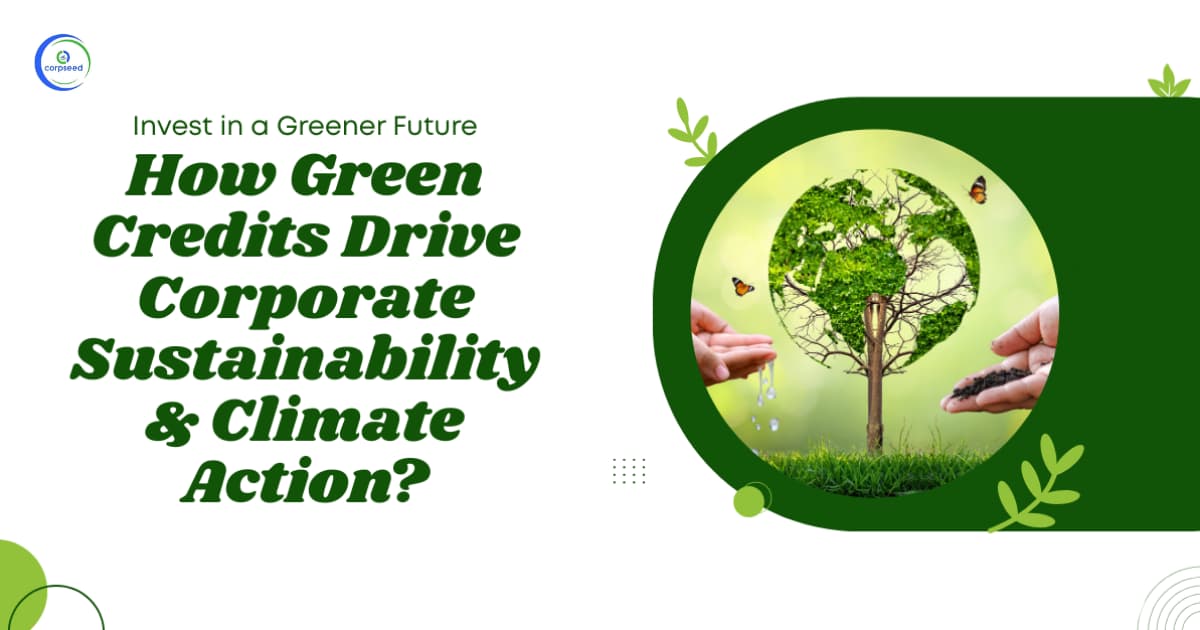
Invest in a Greener Future: How Green Credits Drive Corporate Sustainability & Climate Action?
2025-12-22

Unlocking ESG Impact & Innovation with India’s Green Credits Market Mechanism
2025-12-16
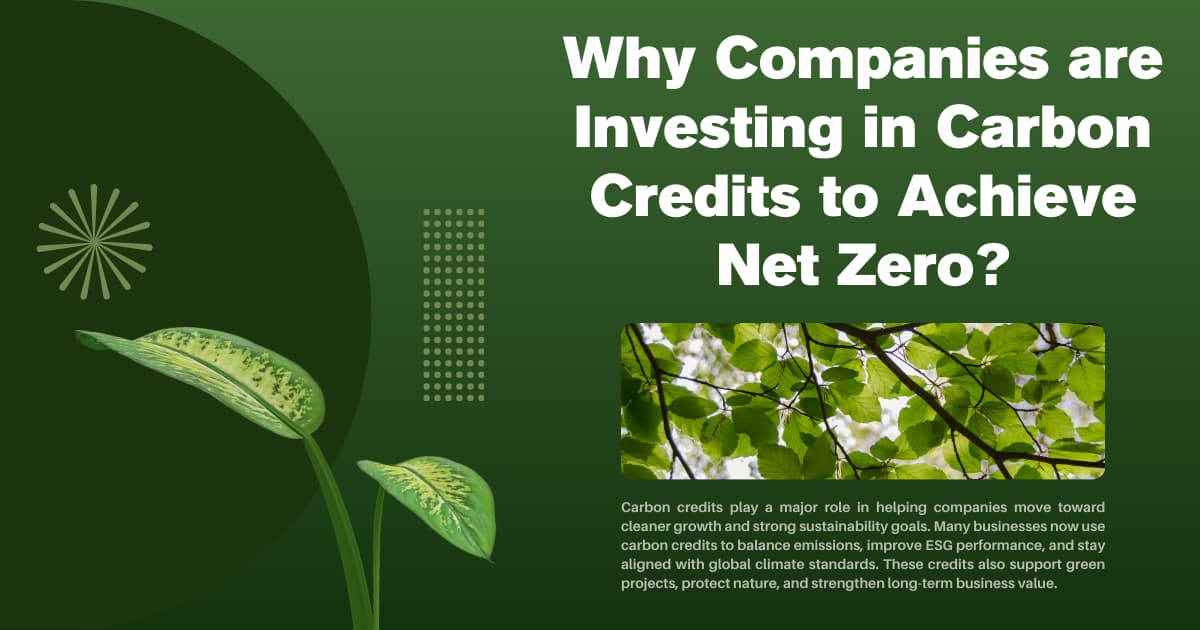
Why Companies are Investing in Carbon Credits to Achieve Net Zero?
2025-12-12
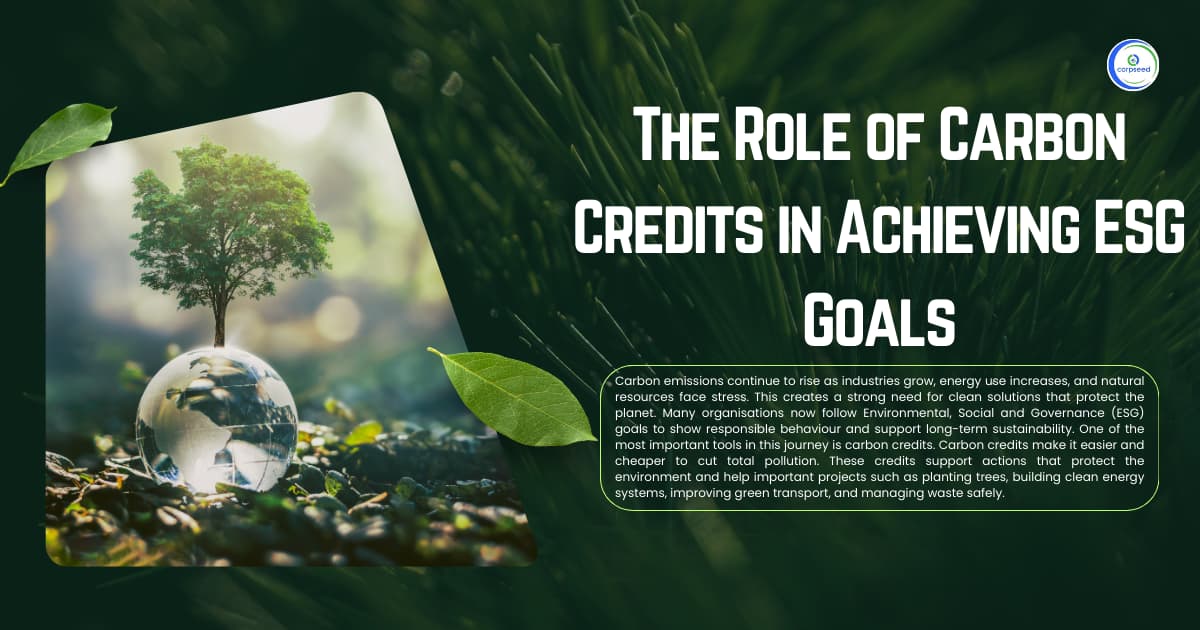
The Role of Carbon Credits in Achieving ESG Goals
2025-12-11
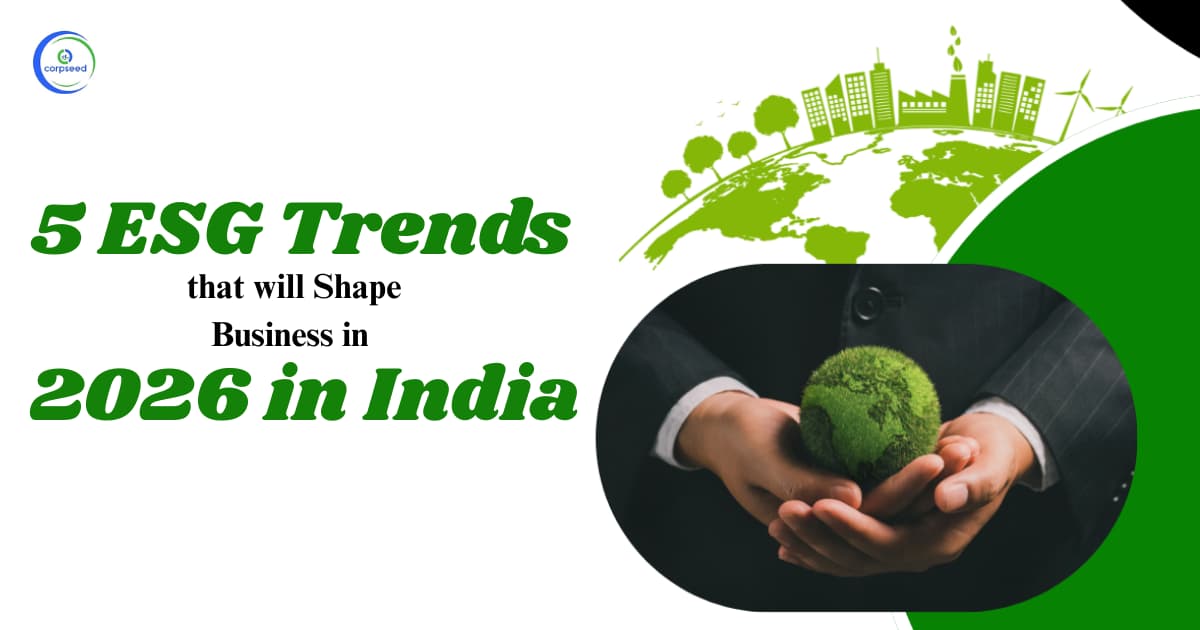
5 ESG Trends that will Shape Business in 2026 in India
2025-12-10
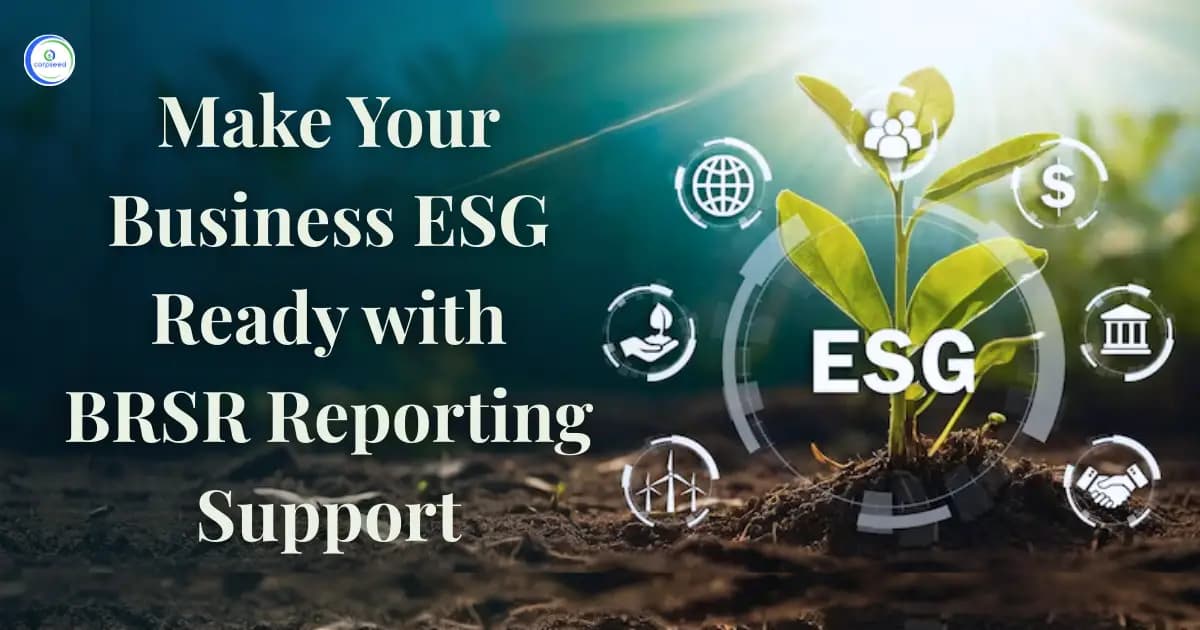
Make Your Business ESG Ready with BRSR Reporting Support
2025-12-02
Top Articles
Most visited

Download Appointment Letter Format in Word and PDF
2022-02-17 • 117331 views

Lifting of Corporate Veil under the Companies Act 2013
2023-08-24 • 89923 views

Download Rental Agreement Format | Free Online Download Sample Format PDF, Word
2021-10-21 • 67252 views

Roles and Functions of Ngo in India
2021-12-08 • 25130 views

CA Certificate Format For Pollution Control Board
2022-06-22 • 22850 views
Latest Articles
Recently published

Smell Trademark Registration in India: Can a Scent Be Legally Protected?
2026-02-27 • 0 views

CDSCO Releases New Guidelines for Compounding of Offences Under the Drugs and Cosmetics Act
2026-02-26 • 0 views

Delhi Legal Metrology (Enforcement) Amendment Rules, 2026
2026-02-24 • 0 views

What is the Government’s Motive behind ALMM?
2026-02-21 • 0 views

BIS Issues New Guidelines for Verification of Rated Capacity of Lithium Cells and Batteries
2026-02-21 • 16 views
Top News
Trending

Salary Slip Format In Excel, Word, PDF, PaySlip Format Online
2023-02-27
.png&w=1536&q=75)
Increment Letter Format - Salary Increment Letter With Salary Break Up Format In Word and PDF
2023-02-27

Latest Marriage Biodata Formats | Biodata Format for Marriage Download in Word and PDF
2023-02-27

New Form 15G in Word Format | Download Form 15G in Word and PDF Format
2023-02-27
.png&w=1536&q=75)
Job Offer Letter Format With Word And PDF Templates Download
2022-07-19
Latest News
Fresh updates
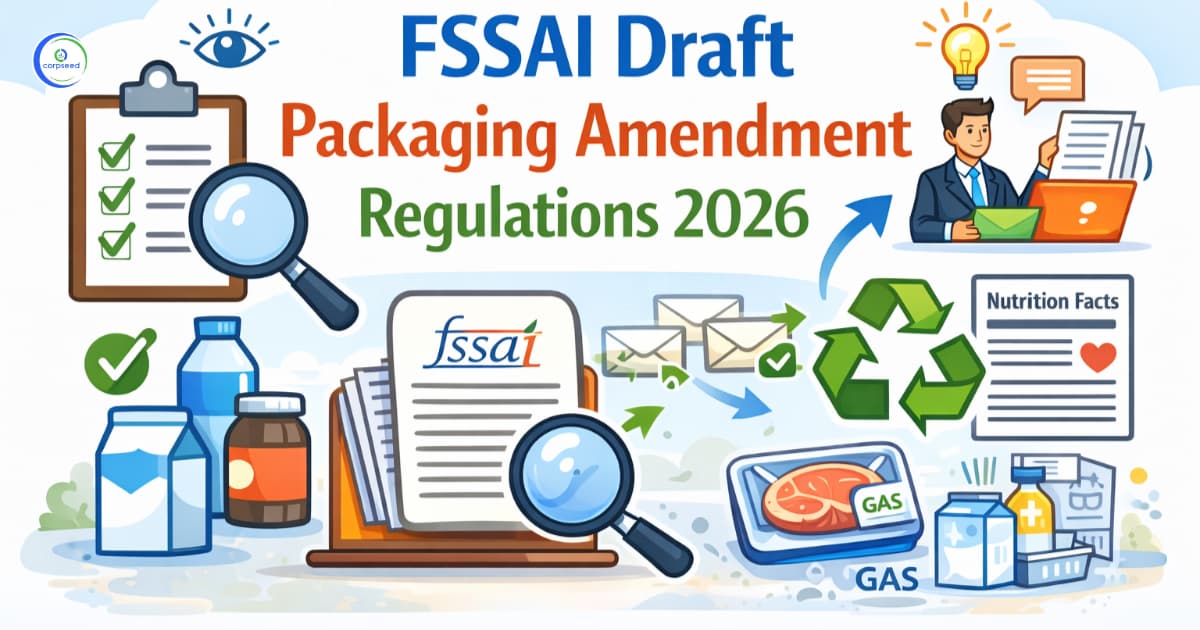
FSSAI Draft Packaging Amendment Regulations 2026
2026-02-27

CDSCO to launch 1,500-Scientist Cadre to Speed up Drug Approvals
2026-02-26

CDSCO Eases Export NOC Mandate for SRA Countries to Boost Pharma Exports
2026-02-25
.webp&w=1536&q=75)
Goa Launches Green MSME Index to Boost Sustainable Industrial Growth
2026-02-25

India named 'Country of the Year' for BIOFACH 2026
2026-02-12